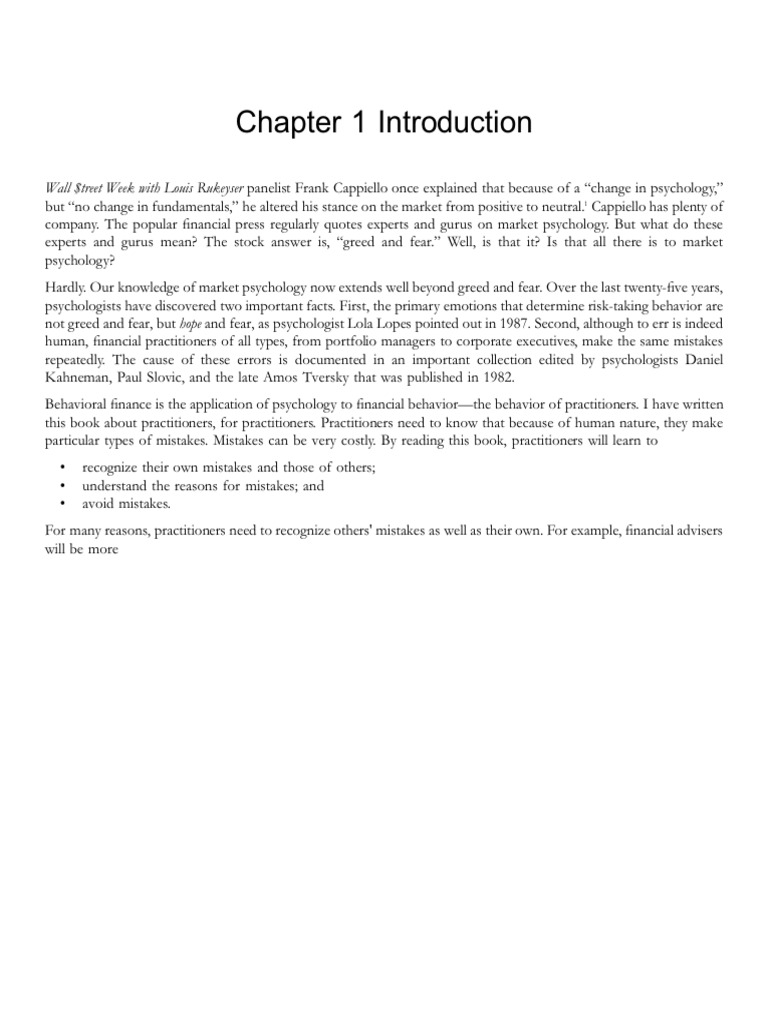We live in a world inundated with disparities in wealth and opportunity. This reality poses a playful question: Can wealth, often seen as a source of division and strife, actually become a catalyst for peace? This inquiry, seemingly paradoxical, invites a deeper exploration of the Bahá’í teachings regarding wealth and its potential role in fostering societal harmony. As individuals navigate the intricate dynamics of material prosperity, it is crucial to unearth the principles that delineate how wealth can transcend mere accumulation and emerge as a tool for constructive engagement.
At the nexus of Bahá’í thought is the assertion that material wealth carries profound responsibilities. Wealth itself is neither inherently virtuous nor vice-laden; its moral implications lie in the intentions and actions of those who possess it. The Bahá’í teachings emphasize that true prosperity is not solely a personal triumph but is intertwined with the well-being of the community. The intimate connection between individual wealth and collective welfare introduces the notion that self-interest must be balanced with altruism.
In the realm of Bahá’í ethics, the concept of the “one human family” underscores the significance of viewing wealth through a lens of empathy and solidarity. When individuals conceptualize their wealth as a means to uplift others, it initiates a transformative dialogue about social justice. This paradigm shift engenders a climate where wealth becomes a resource for initiatives aimed at eradicating poverty, enhancing education, and promoting healthcare. Such endeavors are not simply philanthropic; they are essential components of a cohesive society striving for equitable development.
The Bahá’í Faith further elucidates that wealth should be utilized to promote the unity of mankind. As the historical narrative has often demonstrated, concentrations of wealth can exacerbate tensions—fueling strife rather than reconciliation. However, when this wealth is harnessed to cultivate peace, it cultivates an ethos of cooperation and mutual support. The ethical application of wealth becomes a bedrock principle within a framework that seeks to bridge divides, enact justice, and foster compassion.
A critical examination of wealth in Bahá’í principles inevitably invites the challenge of personal accountability. Individuals must grapple with the question: “How does my accumulation of wealth contribute to or detract from the greater good?” Such introspection cultivates a consciousness that recognizes the interplay between personal gain and communal responsibility. It is vital for individuals to reflect upon their use of resources and strive to make intentional choices that align with the ethical imperatives set forth in the Bahá’í teachings.
In practical terms, Bahá’í teachings provide a framework for philanthropy that extends beyond mere financial donations. It calls for a holistic approach—one that recognizes the need for sustainable change rather than temporary relief. Wealth should be directed toward ventures that empower communities to become self-sufficient. For instance, investing in educational programs, vocational training, and entrepreneurial ventures can create avenues for individuals to uplift themselves and others simultaneously.
Moreover, the integration of collaborative philanthropy underscores the importance of partnerships between the wealthy and those in need. By fostering development in partnership, an atmosphere of mutual respect emerges—challenging the traditional donor-recipient dichotomy. Wealth acts not just as a handout but as a facilitative force, allowing communities to build their capacity for growth and resilience.
Innovative approaches to wealth generation also align with Bahá’í values. Social enterprises that prioritize social impact over profit margins epitomize the teachings of the Faith. They serve to illustrate that business can be a force for good, capable of addressing social issues while also generating income. This reconciliation of profit and purpose positions wealth as a tool that can indeed be wielded for peace.
Furthermore, the Bahá’í principle of consultation emphasizes the importance of collective decision-making, stirring the dialogue surrounding wealth and its application. When stakeholders—regardless of their economic status—come together to deliberate on the allocation of resources, it engenders a sense of shared ownership and responsibility. This process not only democratizes wealth but also cultivates a collective spirit, pointing toward the potential for communal flourishing.
In considering the responsibilities that accompany wealth, the Bahá’í teachings also highlight the necessity for the judicious management of resources. This involves cultivating a spirit of moderation and detaching from an excessive attachment to material possessions. The challenge lies in recognizing the ephemeral nature of wealth and integrating values that prioritize human dignity and welfare above financial gain.
Ultimately, the Bahá’í perspective posits that wealth, when used ethically and responsibly, can transcend its conventional connotations of greed and individuality. It has the potential to weave together the fabric of society, fostering peace, equity, and collaboration. In reflecting on the implications of wealth through the lens of Bahá’í teachings, it becomes evident that the challenge lies not solely in the accumulation of resources but rather in transforming that wealth into a beacon of hope and a foundation for sustainable peace.
As we navigate the complexities of a global landscape marked by conflict and inequality, the question remains: Will we rise to the occasion and harness the power of wealth as a tool for unity? The answer hinges on a commitment to reflect, engage, and act with intention—therein lies the path toward not just a peaceful society but a flourishing one.
